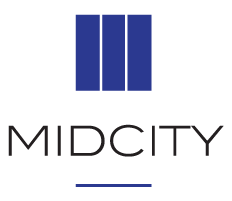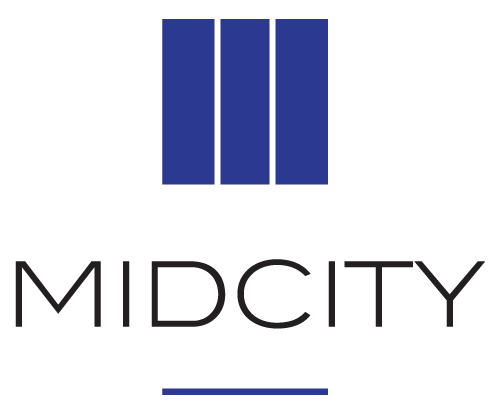Over the next decade, two proposed planned unit development (PUD) projects could bring thousands of residential units and dozens of retailers to Rhode Island Avenue in Northeast Washington. First, Mid-City Finance has been approved by the Zoning Commission to begin the redevelopment of the Brookland Manor affordable housing complex and Brentwood Village shopping center, at Rhode Island Avenue NE, Brentwood Road NE and 13th Street NE. The eventual project, spanning eight blocks, would bring 1,760 residential units and 181,000 square feet of retail to the area. Next, MRP Realty is in the early stages of planning a six-block development near 680 Rhode Island Ave. NE. The proposal calls for creating an estimated 1,550 residential units and about 150,000 square feet of retail. Along with Douglas Development’s planned 295-unit Channing Street NE project, change is imminent. Kyle Todd, executive director of Rhode Island Avenue Main Street, a nonprofit organization funded by the D.C. government, is trying to find a way for longtime residents and businesses to benefit from the influx of new activity. Todd, who works out of an office on the 2300 block of Rhode Island Avenue NE, says the recent additions to the retail scene nearby filled long-vacant spaces. Among others, Nido, a high-end Mediterranean restaurant; the Bespoke Kitchen, a catering company that hosts occasional supper clubs; and Kids@Play, an indoor playground, have opened in the past year on the upper end of Rhode Island Avenue in the Woodridge neighborhood. Here is an edited transcript of an interview with Todd during which he discussed his redevelopment plans:
You moved here more than a decade ago. How have the neighborhood and Rhode Island Avenue changed?
Todd: We have a lot of young families moving in — there’s a baby boom. And there are families who have lived here for generations, so we have a mix of senior citizens, young kids and middle-aged people like me. Now, people are much more engaged on Rhode Island Avenue NE. When I moved here, nobody was even thinking about it. It was just a place you drove through. When a group of neighbors started saying, “Why don’t we have a dry cleaner? Why don’t we have a grocery?” the momentum was easy to build, especially from the senior citizens who remember when those things were here.
Even last year, Rhode Island Avenue NE, particularly the northern end, felt eerily quiet, with many shuttered storefronts. What is the ratio of vacant spaces to occupied ones now?
Taking the retailers who fall under the new PUDs out of the equation, we are at an 82 percent occupancy rate. [That percentage includes storefronts that appeared closed, but are under ownership and may open at some point.]
What are you doing to support and encourage retail on Rhode Island Avenue?
We decided to first focus on helping businesses that needed the most help. A lot of businesses have been here for decades and are still operating the way they did decades ago. But as these new families are moving in with more disposable income [according to Kymber Lovett-Menkiti of Keller Williams Capital Properties, the average home sales price in Woodridge was $455,768 in 2015, compared to $394,900 in 2014], if businesses want to capture that income they need to consider adapting. Do they have a website? Do they take credit cards? Facade improvement is also an ongoing project. We received a Facade Improvement grant from the D.C. Department of Housing and Community Development and, for example, Dudley’s Beauty College got a nice facelift and energy-efficient windows. D.C. Dragon’s Dancarate, a martial arts/dance studio on the 1700 block, has been around for around 30 years, and also received funds. A small-business resource center will be opening on the 2300 block later this winter, and we also have a weekly podcast, Rhode Island Avenue Radio, where I highlight one business each week and speak with business experts offering tips and tools.

